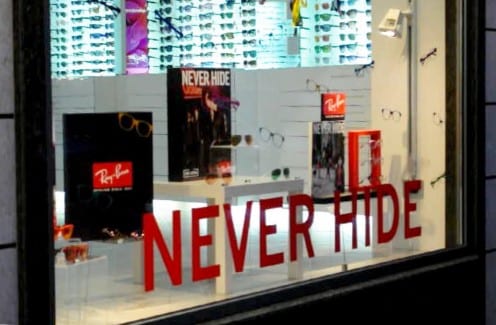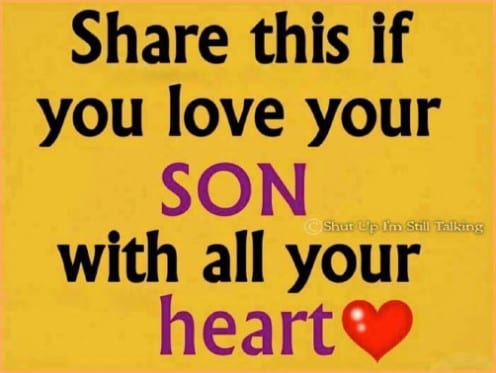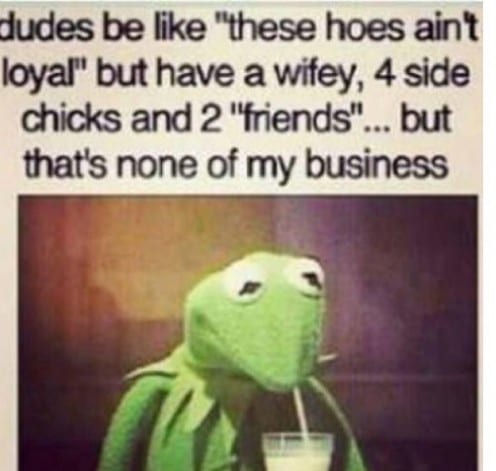Facebook as a window: managing online appearance
By Razvan Nicolescu, on 31 July 2015

Shop window in Grano (Photograph by Razvan Nicolescu)
A particularly common way that many people in the Italian field site thought about Facebook was by comparing it to a shop window (vetrina in Italian). Some did not exactly like the fact that, like a window, ‘everybody can see your personal stuff.’ In contrast, others used this new kind of visibility as an opportunity to actively promote different aspects of their interests. Out of this latter category, teenagers and some local entrepreneurs were by far the most active in this way, followed by artisans, artists, and a few local politicians.
In my forthcoming book, I explain how much of this region’s history explains why people are very concerned with the way social visibility reflects their social status. For example, families have always demonstrated their core moral values by keeping a clean and tidy house. Equally, most women spend considerable time beautifying themselves, selecting their clothes, making sure their outfits are neat and that their family is equally well dressed before they are willing to leave their own home. Dressing reflects the social and economic status people believe they have, even though their actual economic position could be somewhat different (for example, because of the massive unemployment in the region).
So how is this reflected on Facebook? Just as people put all this time and effort into their offline appearance, now many are extremely careful in curating their Facebook page. They do so by being extremely careful in selecting and editing the photos they upload, showing their support for online friends with comments and ‘Likes’ and in general trying to make sure their appearance on Facebook is consistent with how others would see them ‘offline.’ Facebook is considered a very public platform, and therefore people are very considered in how they post.
Among other things, the role if Facebook here is to actually make sure that there are no major differences between how people appear to others ‘offline’ and ‘online,’ for example, by offering adjustments or justifications when this may seem to some that this is not the case. Recently, a friend of mine in the field site had to post a long message on his own timeline to reply to an accusation from one of his online friends (which remained unnamed) who accused him of not being a proper ecologist. This remark was triggered by some of my friend’s recent postings in which he vaguely displayed some sort of sympathy for mass consumption practices.
Similarly, people are increasing aware that when they dress to go out, some of their friends might take a photo of them and upload it on Facebook. Therefore, that particular photo will have an implication beyond the transience of the particular event they have attended to.
In all these cases, the consequence is that Facebook works as a window that opens up a view both towards an exterior appearance of the individual which also reflects on the social norms existing in the local community, and the interior of moral values or domestic family. For both, people follow clear guides to the type and level of visibility they are expected to reach.
 Close
Close












